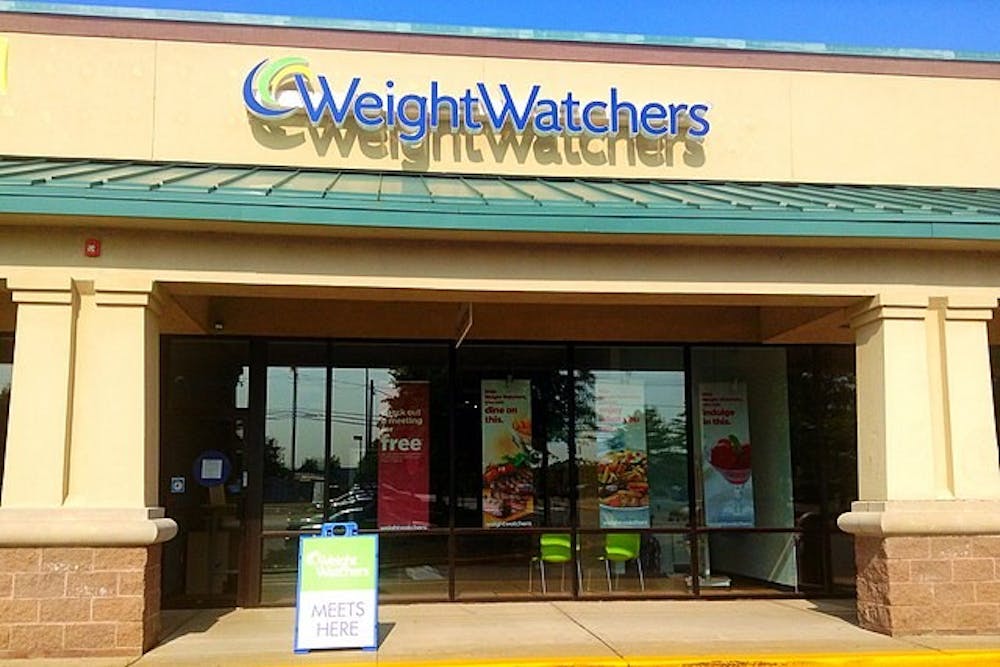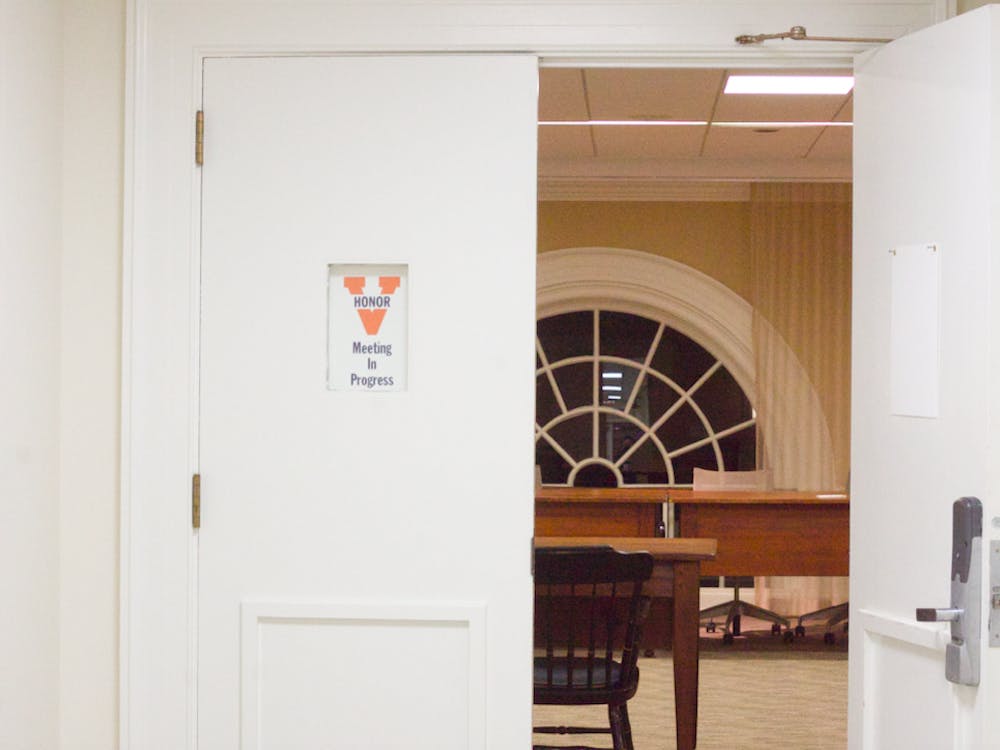中文版请点击此处
Dieting has always played a major role in society. A UC San Diego article defines diet culture as a set of beliefs that values thinness, appearance and shape above health and well-being. Anti-diet registered dietitian Christy Harrison highlights the history of diet culture in her book, “Anti-Diet: Reclaim Your Time, Money, Well-Being, and Happiness Through Intuitive Eating,” noting its ancient Greek origin. Being fat was looked down upon in their society because it opposed their supposedly virtuous lifestyle of balance and moderation.
Negative connotations of being fat were further implemented in the mid-19th century. Biologists concluded that obesity equates to evolutionary inferiority, due to their findings that most overweight individuals belonged to marginalized groups at the time. Additionally, the life insurance industry began promoting weight loss to avoid monetary risks associated with their unhealthy clients. By the end of the 19th century, dieting and weight loss were becoming the new normal.
Throughout history, there have been countless diet fads, with the earliest low-carb diet dating back to 1863. Cigarette, Hollywood, Master Cleanse, Cabbage Soup, Whole30 and Atkins are all examples of diets that placed their iron grip on society. Even today there has been a reemergence of these diets, like Keto and Weight Watchers. But why should we even care to recognize ever-changing diet culture?
Diet trends, despite their intended purpose, are extremely unhealthy and promote an unsustainable lifestyle. The National Eating Disorders Association found that 35% of dieting becomes obsessive, and 20 to 15% of those diets turn into eating disorders. Additionally, these trends can lead to weight cycling — an individual’s weight fluctuates due to the inconsistency of their diet — or weight gain. The American Society of Nutrition states that about 80% of people are unsuccessful in maintaining their weight loss.
One reason individuals diet is because of peer pressure of societal beauty standards — specifically, being skinny is pretty. This has conditioned individuals to believe that they must lose weight to be beautiful. That is simply not the case. Social media has only bolstered this idea with its highlight reels of airbrushed faces and artificially cinched waists. One study found that 70% of women and over 50% of men aged 18-35 years old said they edited their images on a normal basis. This urge to edit photos shows just how insanely unrealistic and detrimental our current beauty standards are.
The unfortunate part is that companies cater to this beauty standard. Dieting pills, powders and drinks are promoted as fast solutions for weight loss — when in reality companies only wish to profit off of others’ insecurities. Brands like SENSA, LeanSpa, L’Occitane and HCG Diet Direct charge outrageously high prices for their weight loss products, despite their lack of reliability and credibility. And, according to the Center for Disease Control and Prevention, almost one in five adults in the U.S. who were over the age of 20 tried a special diet, furthering the idea that Americans will do anything to reach the unreachable. This Machiavellian mindset that extreme dieting is justified for beauty is appalling and needs to end.
Simply, dieting is neither sustainable nor safe long-term. A number on a scale should not determine your beauty. A number on a scale does not determine your beauty. Neither should television advertising telling you to buy a new weight loss pill proven to drop pounds fast. Beauty is internal, regardless of how you look on the outside. You owe it to yourself to treat your body with respect and to fuel it with foods that will nourish it. Participating in diet culture, or even allowing it to perpetuate in society is destructive to not only your physical well-being but also your mental one.
I speak from personal experience. I have been shamed, called names and thought less of because of my weight. Even now, in twenty years of living, I find myself trying to meet the current beauty standards society has procured in order to feel worthy. But dieting, in any form, only strengthens those standards I aim to break. Instead of starving myself in hopes that I, too, can become the pinnacle of beauty, I must break down the very cage that has put me here.
It is long past time that we start treating our bodies and others with respect. Dieting is not healthy, and it should not be a mainstay in society. Together, we must eradicate this ruinous phenomenon that has trapped us from experiencing true beauty.
Grace Duregger is an Opinion Columnist for The Cavalier Daily. She can be reached at opinion@cavalierdaily.com.
The opinions expressed in this column are not necessarily those of The Cavalier Daily. Columns represent the views of the authors alone.






